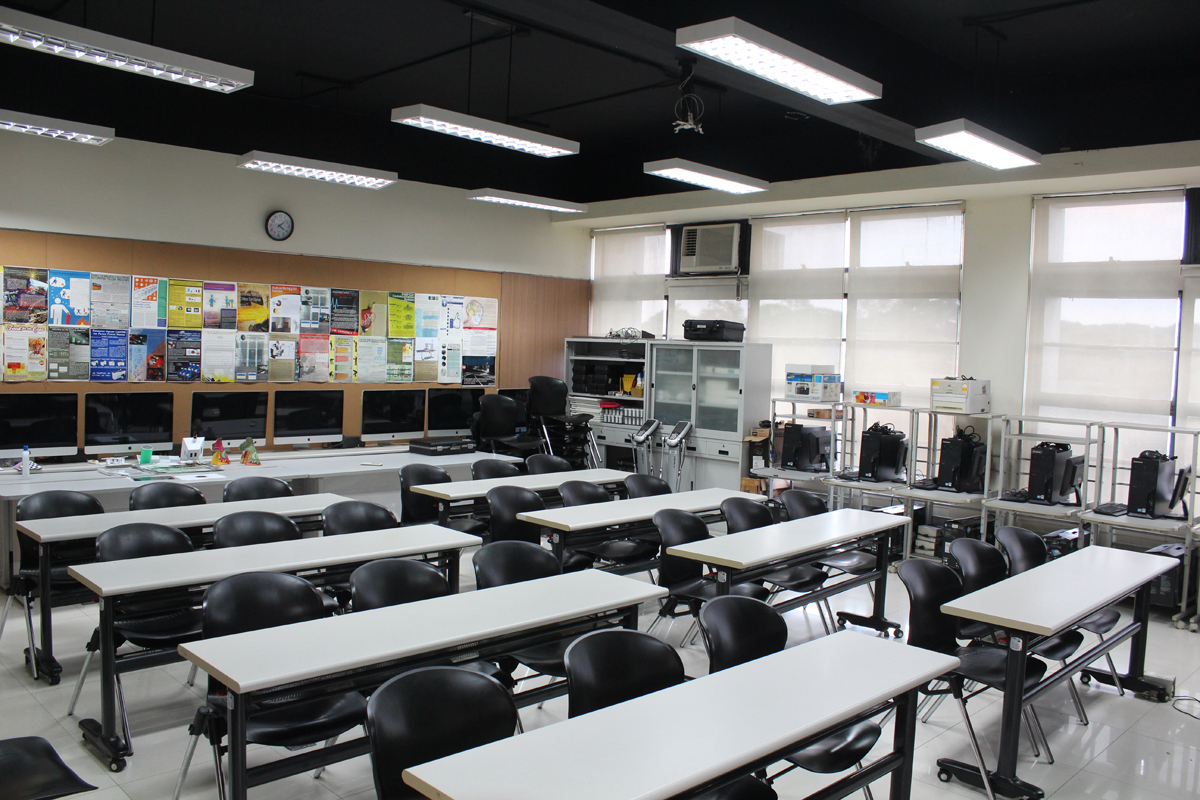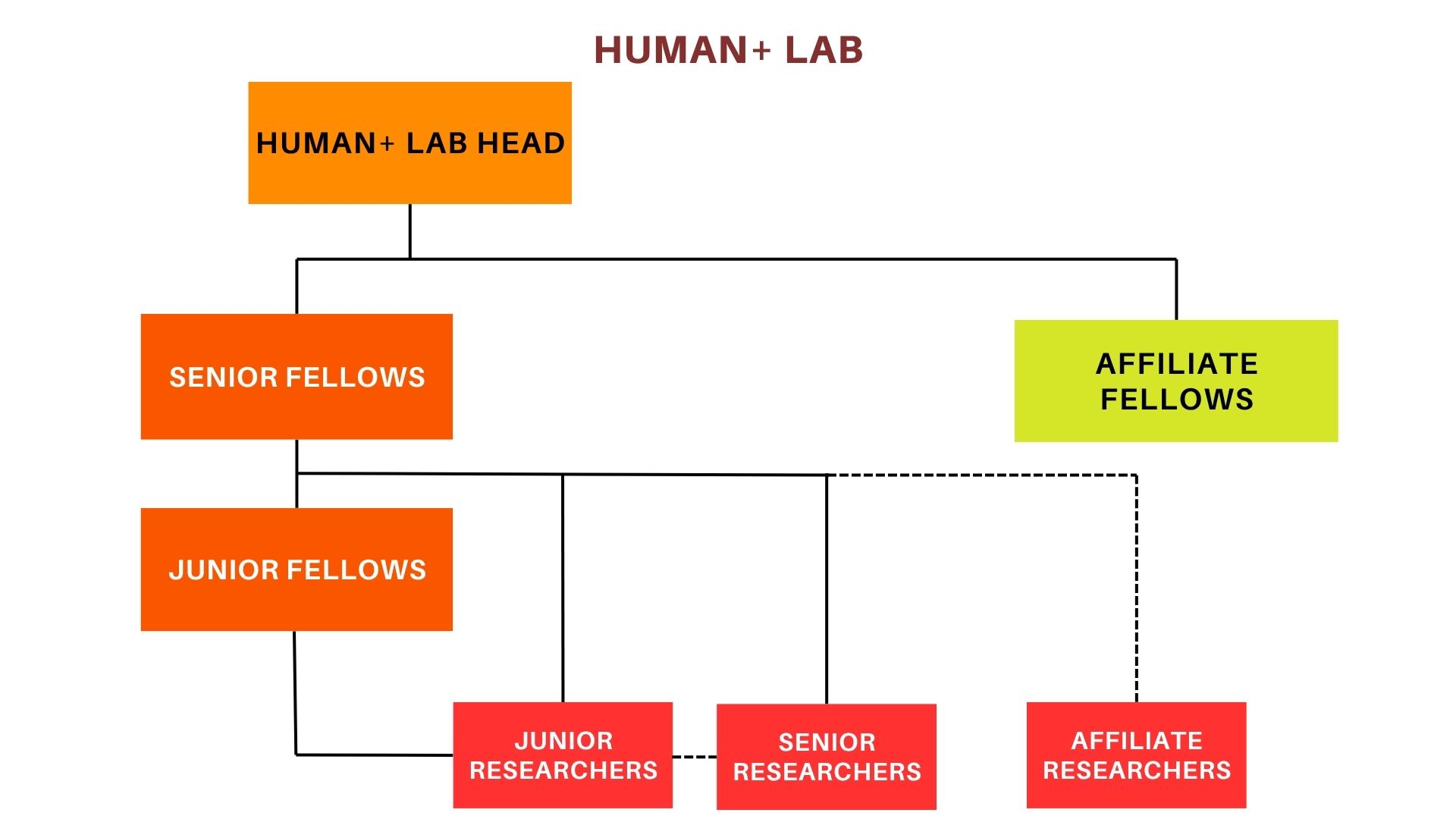Human-Centered Systems, Design & Innovation Lab (Human+ Lab)

Human-Centered Systems, Design & Innovation Lab (Human+ Lab)– People-centered design, innovation, and interdisciplinary research laboratory.
Vision
To be a leading center of excellence in human factors and ergonomics, advancing human well-being and system performance through cutting-edge research, innovative design, and transformative education.
Mission
- Advance Knowledge through interdisciplinary research in human-centered design, ergonomics, and macroergonomics that addresses contemporary challenges in work, technology, health, and society.
- Educate and Empower future professionals by providing hands-on, research-driven instruction in human factors and ergonomics, cultivating critical thinking, innovation, and ethical practice.
- Promote Safe, Inclusive, and Sustainable Systems by collaborating with industry, government, and communities to design solutions that optimize human capabilities and improve quality of life.
- Foster a Culture of Inquiry and Innovation that nurtures collaboration, creativity, and the continuous improvement of human-system integration.

ErgoMotion Laboratory
The ErgoMotion Laboratory focuses on the interaction between the worker, task, and environment in consideration of physical characteristics and capabilities of humans. Research investigates ergonomic risks and hazards in workplaces to improve safety and enhance productivity.
Research Agenda
- Conduct human-centered research on biomechanics, posture analysis, repetitive motion, musculoskeletal disorder (MSD) prevention, workplace layout design, and tool/technology fit to reduce physical strain and improve safety and performance.
- Utilize ergonomic assessments, motion capture, EMG, and wearable sensors to improve workplace safety and well-being.
iThink Laboratory
The iThink Laboratory focuses on understanding mental processes such as perception, memory, attention and decision-making and their impact on human-technology interaction in the system. Research aims to develop products and processes optimized for human needs.
Research Agenda
- Understand how perceptions and attitudes toward technology and automation influence engagement with and effectiveness of such systems.
- Develop models to describe the dynamics between people and technology/automation to inform design to support performance and improve satisfaction.
- Develop sensing systems, i.e., via new technologies, to provide real-time information on human behavior and physiological attributes during decision-making and the performance of specific tasks.
- Apply the user-centered design process to develop systems that support wellbeing – Conduct usability evaluation of systems to improve efficiency, effectiveness and satisfaction with use.
- Utilize methods such as eye tracking, cognitive task analysis, and simulations to enhance user experience and system usability, manage mental workload, and support error-resistant systems in complex environments.
Workscape Laboratory (Virtual)
The Workscape Laboratory focuses on work systems at an organizational and socio technical level. Research aims to improve system-wide productivity, resilience, and well-being through participatory design and systems thinking.
Research Agenda
- Conduct research on the design of work structures, communication flows, culture, technology integration, and organizational change through field studies, stakeholder engagement, and organizational modeling.
- Describe the workload and the related outcomes (stress, fatigue, burnout, motivation, well-being) of people in different organizations with different work setups in order to recommend solutions to support people working under different conditions.

Services
Training
- Ergonomics Certification Program
- In-house Ergonomics Short Courses
- Basic Occupational Safety and Health (BOSH)
- Work Measurement & Process Improvement Training
Technical Consulting
- Work Measurement & Process Improvement Studies
- Organizational Assessment & Personnel Audit Studies
- Workplace Ergonomics Assessment
- Occupational Safety and Health
- User Experience and Usability Evaluation
- System Interface Design
Student Researcher Membership Policies
Fellows Membership Policies
Junior Researchers:
- BSIE student in their junior or senior year may apply for laboratory membership before they enroll in IE 194.
- Junior Researchers must do their Capstone Project on topics aligned with the HUMAN+ Lab research agenda.
Senior Researchers:
- MS/MEng IE students may apply for membership are encouraged to apply for membership as early as their admission .
- PhD IE students must be accepted by the HUMAN+ faculty adviser for admission. Hence, membership is automatic.
- Students who wish to apply to transfer to the HUMAN+ lab may be accepted no later than their final year in the program.
*Affiliated Researchers:
- Graduate students from other programs who are accepted as a HUMAN+ faculty advisee are automatically designated as affiliated researcher.
Junior Fellows:
- Newly hired Junior faculty (Instructors/Asst Prof) who expressed interest in HFE are warmly welcomed.
- Junior Fellows serve as advisers to Junior Researchers
Senior Fellows:
- Laboratory heads are designated as Senior Fellows
- Senior fellows serve as advisers to junior/senior/affiliate researchers
- Senior fellows manage research projects including supervision of Affiliate Fellows
Affiliate Fellows:
- Other faculty members who collaborate with research and projects of HUMAN+ lab may be designated as Affiliate Fellows

Meet the group
Human+ Lab Head

Senior Fellows
Affiliate Fellows
Junior Fellows











